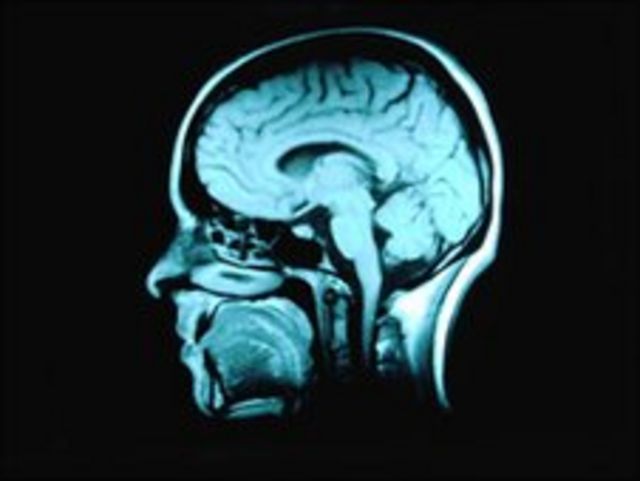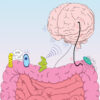Recent findings by Stanford University in the British Journal of Psychiatry show differences in brain organization between boys and girls with autism spectrum disorder (ASD).
Researchers assessed the fMRI brain imaging scans of more than 700 children with autism, most of which were boys. The idea was to establish functional brain organization markers that yield distinctions between the brains of boys and girls with autism, thus predicting symptom severity.
“We leveraged multiple neuroimaging cohorts and developed a novel spatiotemporal deep neural network (stDNN), which uses spatiotemporal convolution on functional magnetic resonance imaging data to distinguish between groups,” according to the journal report.
The authors of the study unveiled distinct functional organization of the brain between both biological genders with autism, explaining why clinical symptoms vary by gender.
Girls with autism had distinct patterns of connectivity at numerous brain centers involved in language, motor, and visuospatial attention systems in comparison to boys.
“Our replicable findings reveal that the brains of females and males with ASD are functionally organised differently, contributing to their clinical symptoms in distinct ways,” the findings state.
“They inform the development of gender-specific diagnoses and treatment strategies for ASD, and ultimately advance precision psychiatry.”


